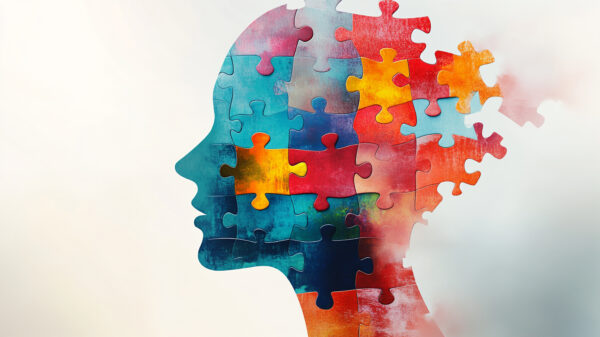|
Getting your Trinity Audio player ready...
|
A new study has pinpointed Alabama as experiencing the sixth-highest increase in mental health issues from 2022 to 2023.
The study by Addiction Treatment Magazine also found that mental health issues affect 36.69 percent of adults in the state, a full 10 percentage points higher than the national average.
In 2022, 36.13 of adults in Alabama experiences mental health issues—which increased 0.56 percent to its current rate.
Although five other states saw steeper climbs in mental health issues, all of them had a smaller percentage of citizens facing mental health problems.
One of the largest barriers to mental health treatment is the lack of providers and the cost of treatment. One in five people in the U.S. experience mental illness each year and one in twenty experience severe mental illness.
A spokesperson from Addiction Treatment Magazine commented:
“Good mental health and wellbeing is essential in today’s world but can be a challenge to support. Longer working hours, financial strain, and dependence on mobile phones all contribute to anxiety and depression,” said a spokesperson for Addiction Treatment Magazine. “Addiction and depression often occur together. They’re closely linked not only because of their tendency to co-occur (that the presence of these conditions can lead to–or worsen–the other condition) but because they share many common risk factors, such as genetics, stress, and trauma. Additionally, both addiction and depression affect the brain in similar ways and cause overlapping changes in neurotransmitters and neural pathways.
“Therapy and medication can be expensive, so it is essential to consider other avenues when preventing and treating mental health. Natural spaces such as parks along with walking trails or other exercise, boosts serotonin, which is a chemical that improves mood. States with lots of open spaces and natural beauty have seen a smaller increase in mental health issues compared to built-up areas.
“Also, having a solid support system can be an important coping mechanism for depression. Talking to friends and family about your feelings can help reduce feelings of isolation and loneliness and provide you with a sense of validation and understanding. Additionally, joining a support group can provide a sense of community and connection with others experiencing similar struggles.”






















































